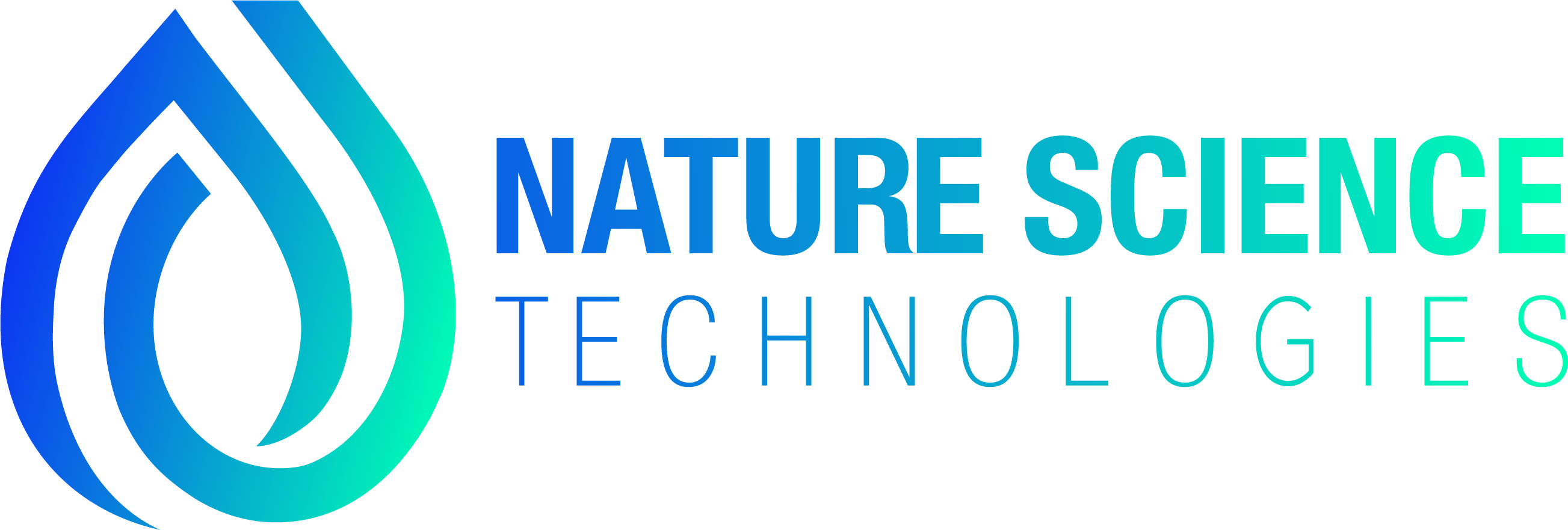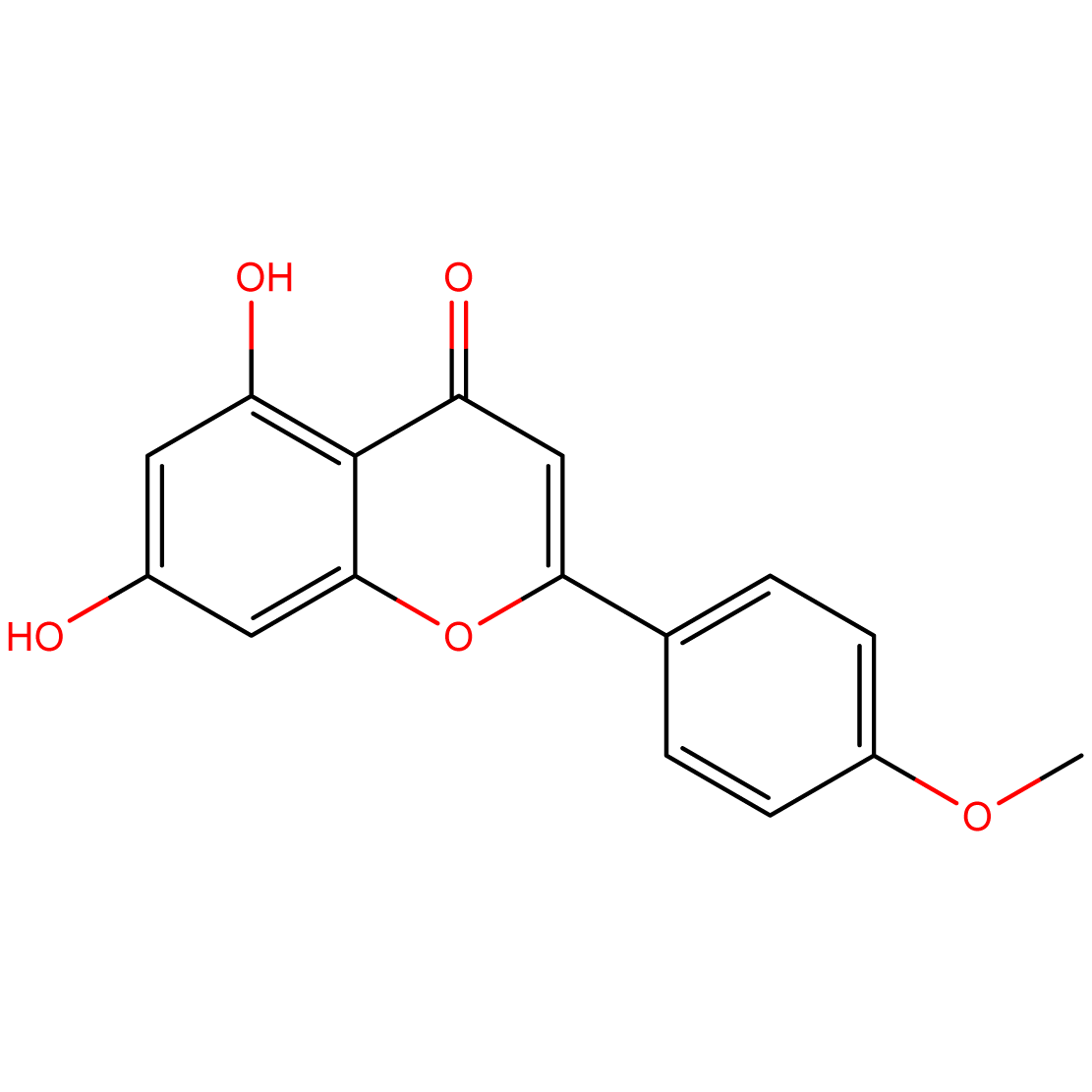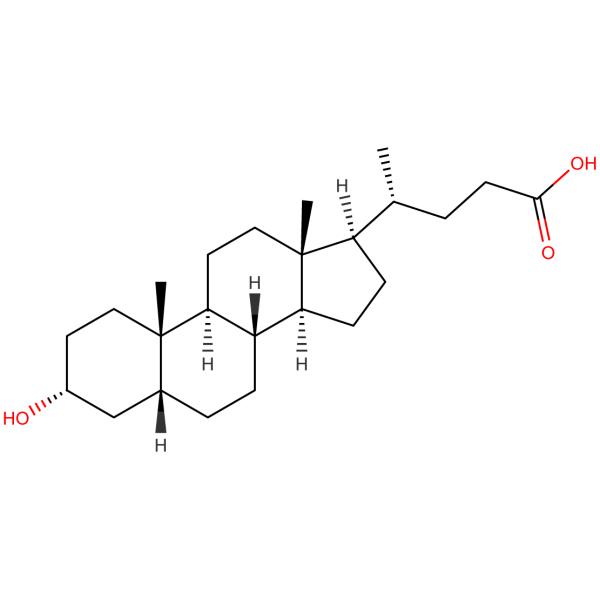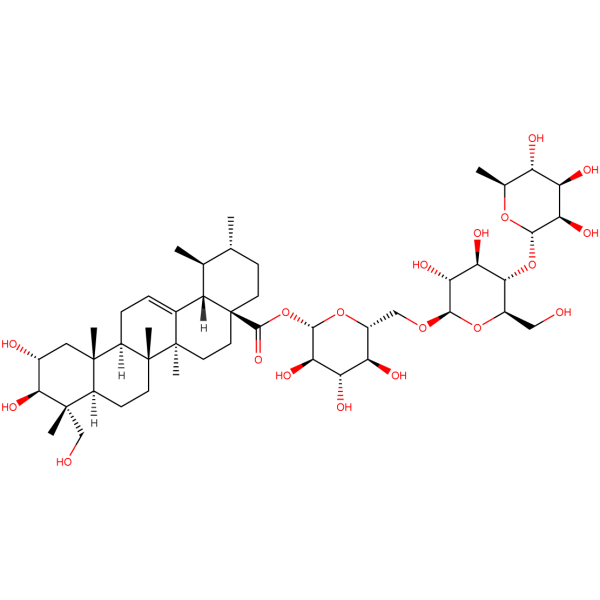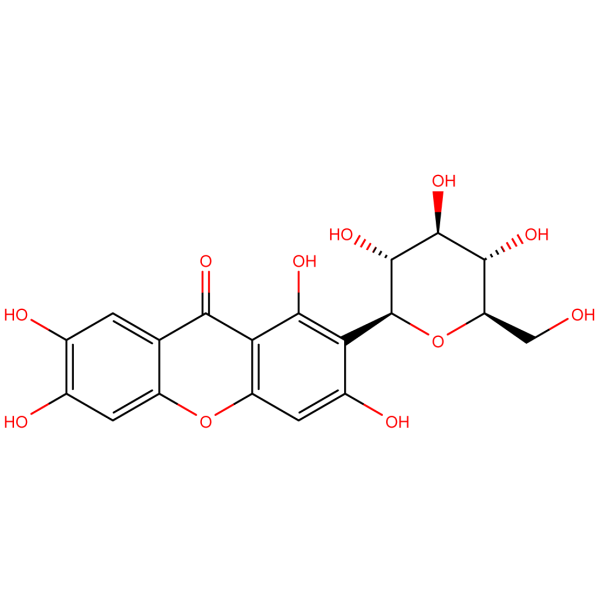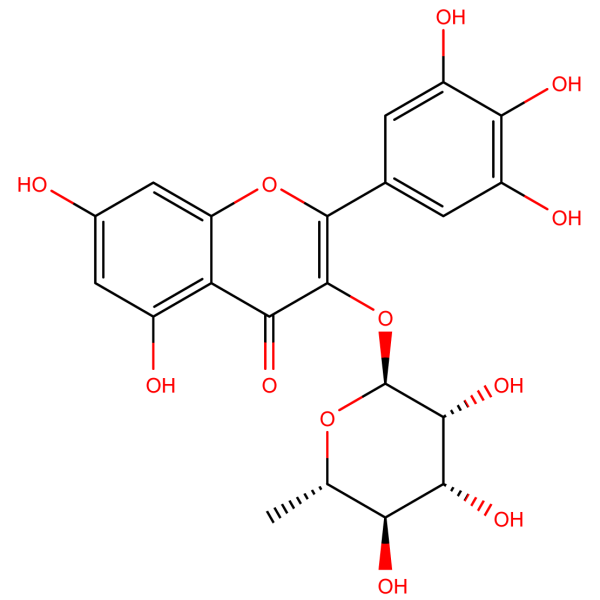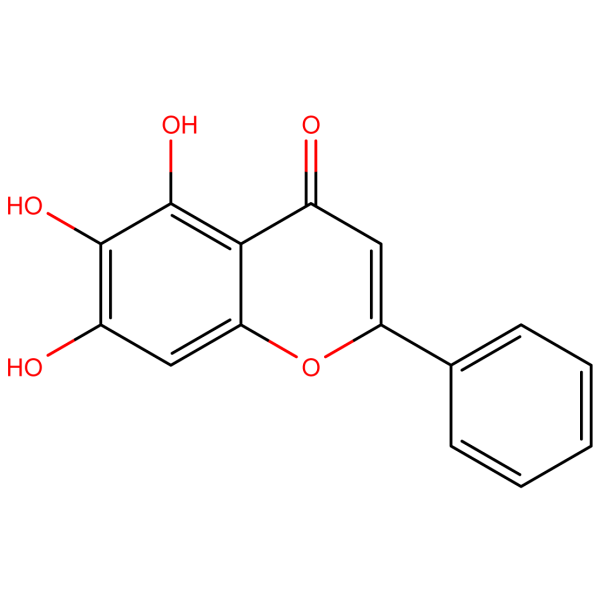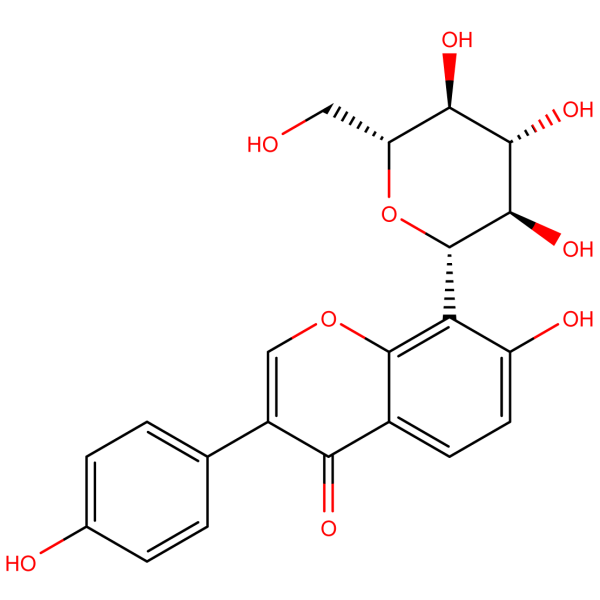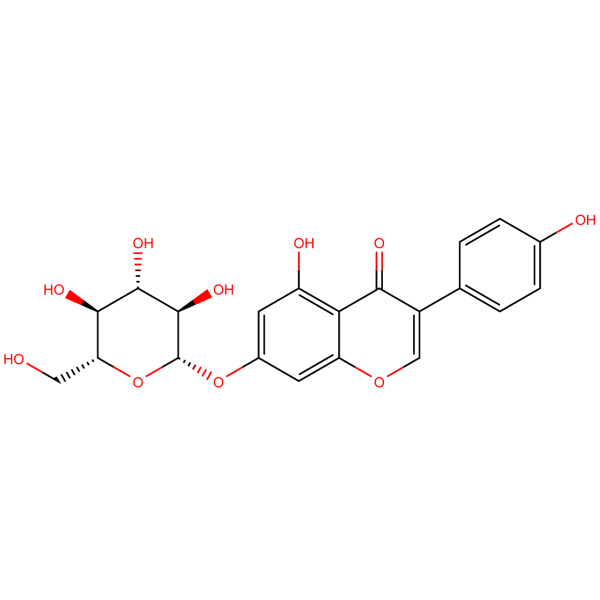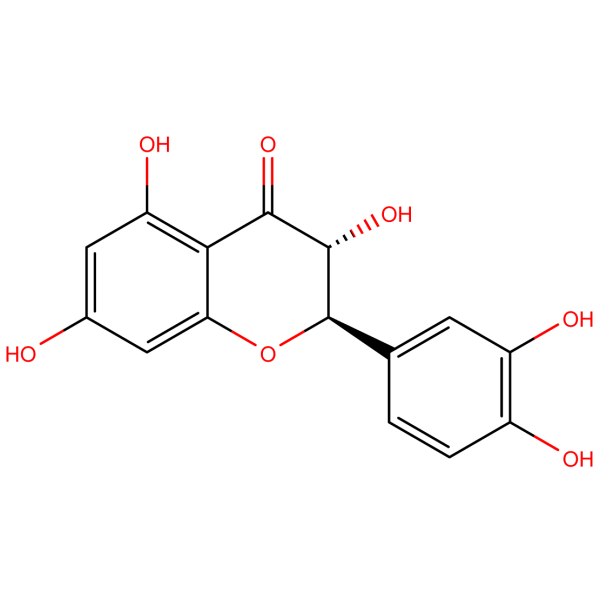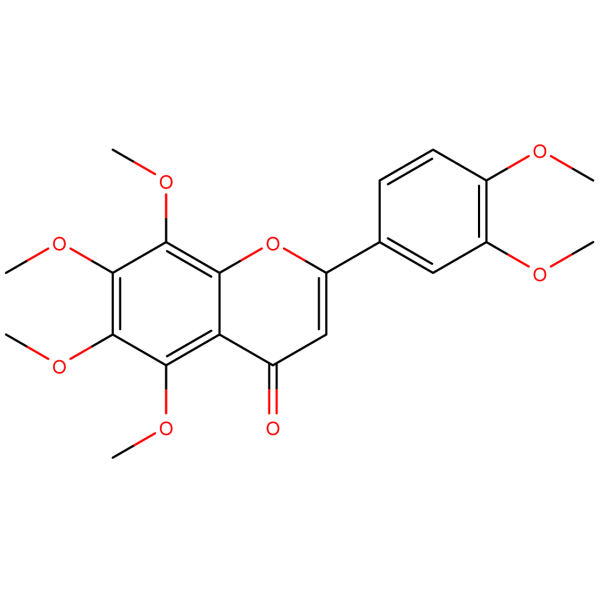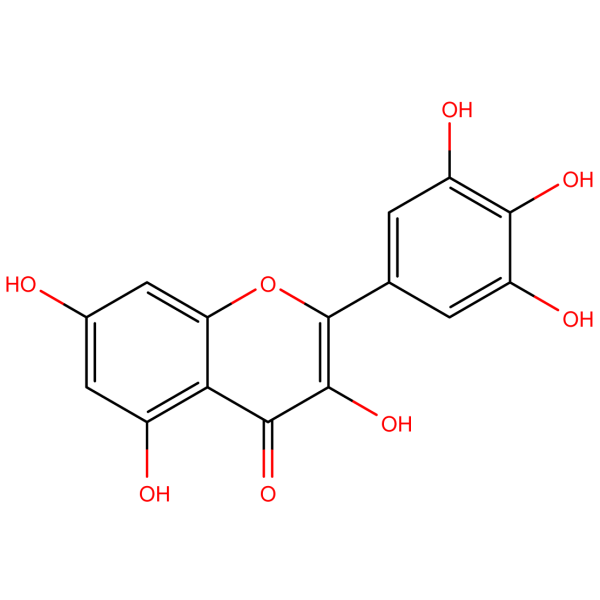Acacetin: Bioactive Flavonoid for Advanced Pharmaceutical Research
1. Molecular Identity
- Chemical Name: 5,7-Dihydroxy-4′-methoxyflavone
- CAS Number: 480-44-4
- Source: Naturally occurring in various plants, including Robinia pseudoacacia and Turnera diffusa
2. Biochemical Significance
Acacetin is a flavonoid compound with a unique molecular structure that contributes to its diverse biological activities. Its presence in medicinal plants and potential pharmacological effects make it a compound of significant interest in natural product research and drug discovery.
3. Key Properties
- Anti-inflammatory: Demonstrates ability to modulate inflammatory responses
- Anticancer Potential: Shows promise in various cancer models
- Antioxidant: Exhibits free radical scavenging capabilities
- Neuroprotective: Indicates potential in protecting neuronal cells
4. Potential Research Applications
- Cancer research and drug development
- Inflammatory disorder studies
- Neurodegenerative disease investigations
- Cardiovascular health research
5. Current Research Focus
Ongoing studies are investigating Acacetin’s effects on:
- Various cancer types and mechanisms of action
- Inflammatory signaling pathways
- Neuroprotection in cognitive disorders
- Cardiovascular function and atherosclerosis
6. Formulation Challenges and Innovations
Researchers are actively working on:
- Enhancing bioavailability and solubility
- Developing targeted delivery systems for improved efficacy
- Creating synergistic combinations with other bioactive compounds
7. Regulatory Considerations
As a naturally occurring compound, Acacetin’s (CAS 480-44-4) regulatory status varies. Its use in specific therapeutic applications would require comprehensive safety and efficacy evaluations to meet regulatory standards.
8. Future Research Directions
The scientific community anticipates:
- Advanced preclinical and potential clinical trials for specific health indications
- Exploration of Acacetin’s potential in combination therapies
- Investigation of structure-activity relationships for optimized derivatives
9. Collaborative Opportunities
We invite cancer researchers, pharmacologists, neuroscientists, and academic institutions to explore the research potential of Acacetin. For inquiries, collaborations, or to discuss how Acacetin can benefit your research projects, please contact us at sales@nstchemicals.com.
Join us in advancing pharmaceutical research with Acacetin – a promising flavonoid at the intersection of natural product chemistry and innovative therapeutic strategies.
